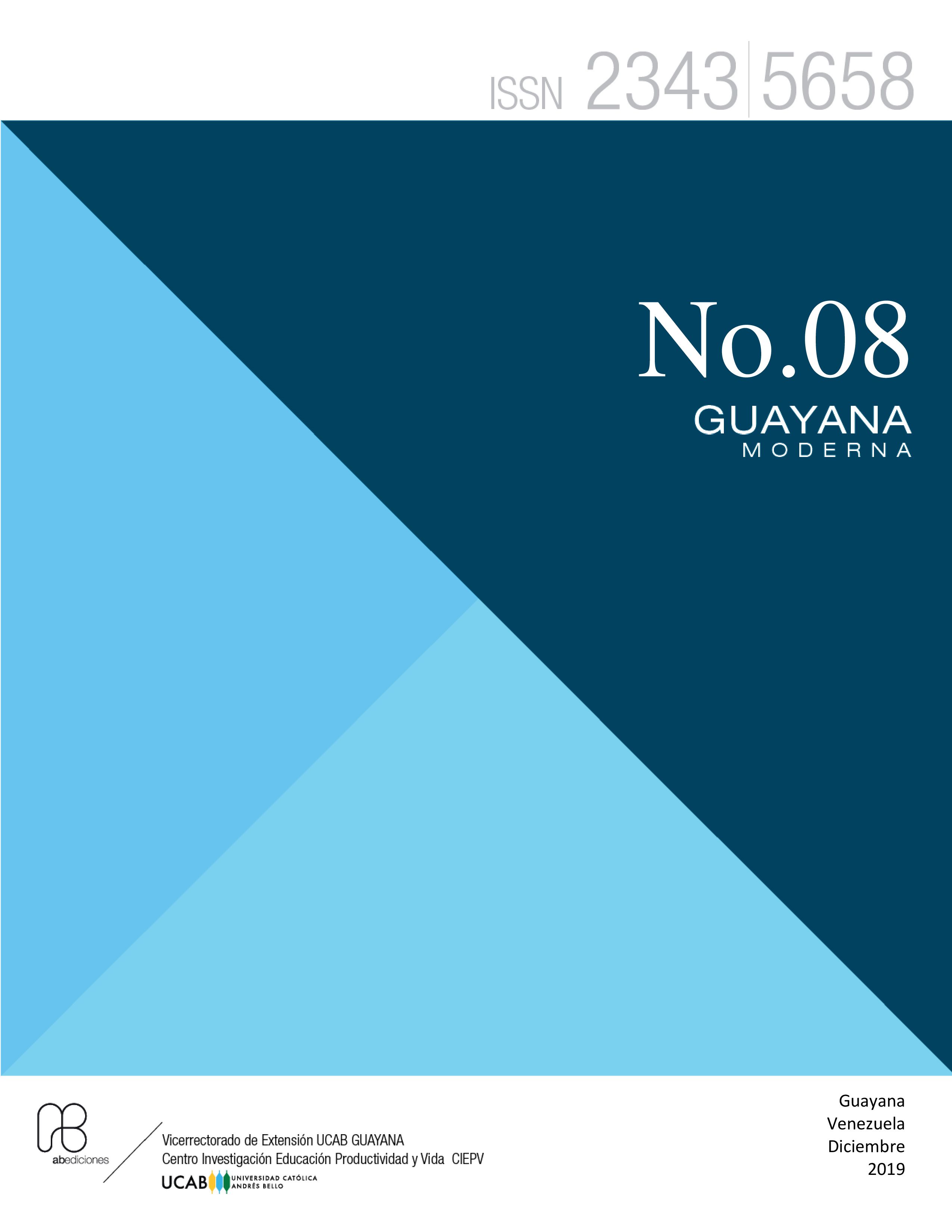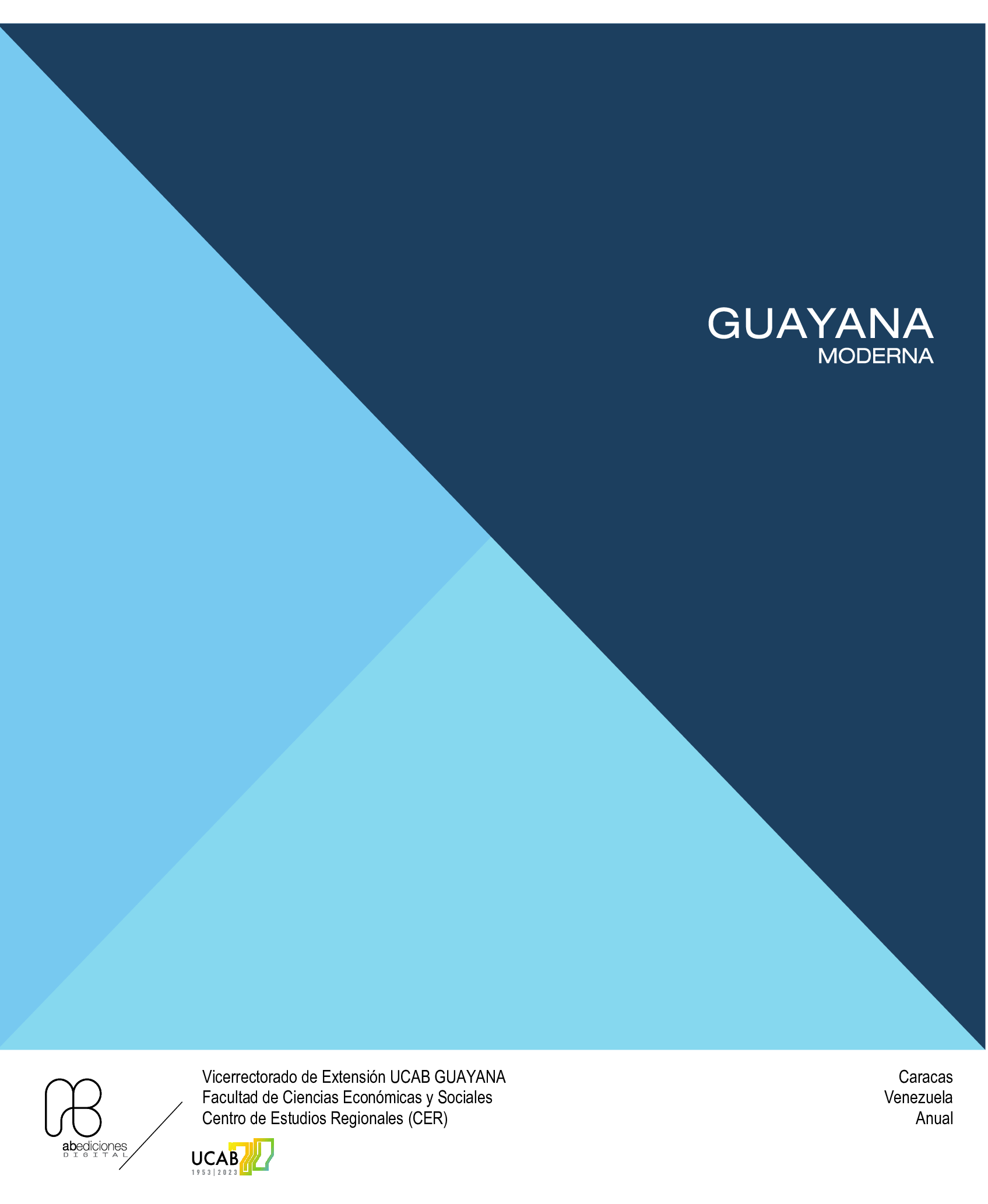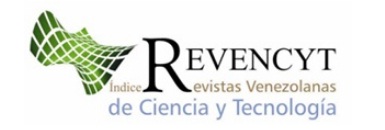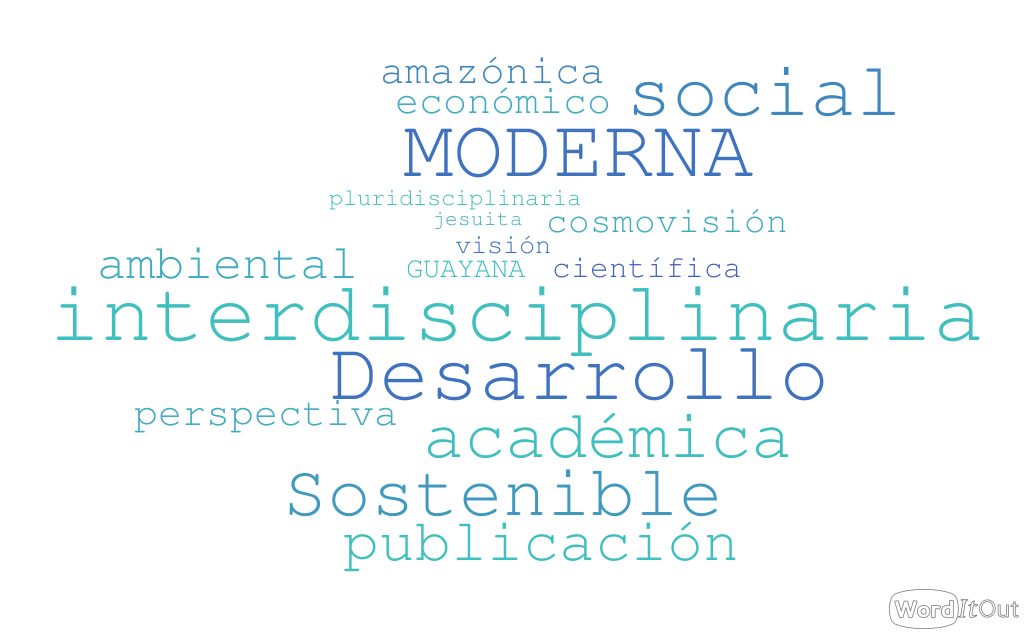PUBLIC POLICIES FOR TEACHER TRAINING UNIVERSITY AND SUSTAINABLE DEVELOPMENT IN VENEZUELA (2000-2012)
DOI:
https://doi.org/10.1234/gm.v8i8.5373Abstract
Within the framework of a more far-reaching research, the general objective of this article is to produce knowledge about the principles and categories contained in public educational policies for the training of university teachers, as a strategy for sustainable development in the Bolivarian Republic of Venezuela, formulated during the term of President Hugo Chávez in the period 2000-2012. In this sense, use will be made of some methodological resources provided by Graffe and Ramírez (2013), such as the tool known as the “Jones Cycle” (1970), which allows breaking down public policies into stages, namely: identification of a problem, formulation of solutions or actions, decision-making, implementation, evaluation (p.15). For its part, this research is documentary in nature, based on the analysis of content from legal and programmatic sources, regional and world declarations on higher education; as well as, various articles that have addressed higher or university education, from the conceptual notion of Public Policies. It is concluded that the training of university teachers, at the beginning of the first stage of the Bolivarian government's management, figured among the policies formulated in the government plans and programs, to enable the sustainable development of Venezuelan society; This has not been seen since 2003, where the diffuse educational policies in this area are aimed at implementing a model of the socialist state, outside the legal context and away from the initial purpose, to improve the relevance and quality of higher education as a support to achieve sustainable development.
Keywords: Public educational policies, higher or university education, teacher training, sustainable / sustainable development.








